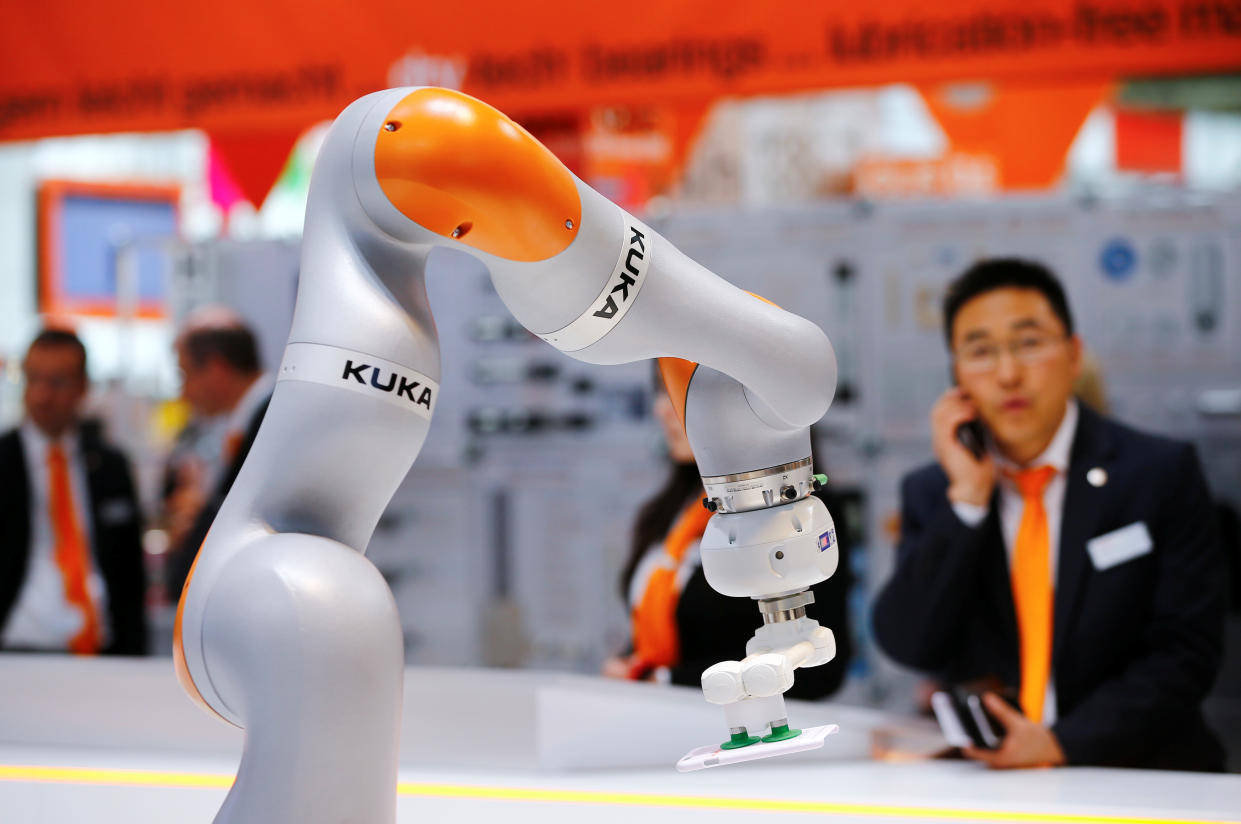Trade war with US dents China's investment in Europe

A weakening domestic economy and the ongoing trade war raging between Washington and Beijing is taking its toll on Chinese acquisitions in Europe.
A new survey by EY shows that China’s mergers and acquisitions spree of recent years has slowed dramatically in the first half of 2019.
EY’s study revealed that China invested just $2.4 billion into acquiring or investing into European companies in the first six months of this year, an 84% decrease from the same period in 2018.
The number of deals fell by 28% across Europe as a whole, and the majority of the 81 deals were smaller ones.
There were no M&A deals at all in the first half in Germany, which is normally the most popular EU country for Chinese firms looking to invest. According to EY, China invested a little over $500 million into Europe’s biggest economy, a sizeable drop from the $10 billion it invested in 2018.
READ MORE: Cathay Pacific shares tank as it caves into China demands
The UK overtook Germany to become the top M&A destination in Europe for Chinese businesses in the first half.
"The main reason for the reluctance of Chinese investors is the situation in the Chinese home market,” said Yi Sun, head of China Business Services at EY in a statement. “The economic situation in China is difficult, the uncertainty is great — not least because of the US-Chinese trade conflict.”
Yi said that some Chinese firms that have been active in the European M&A market in the past are in the process of either integrating the companies they bought or reselling them. “For the time being, new acquisitions are not on the agenda for these companies,” she added.
Chinese companies made waves Germany in recent years as they rushed to get their hands on tech and engineering companies, including Midea’s $5 billion acquisition of robotics company Kuka in 2016.
Beijing Automotive Group announced in July it would take 5% stake in German carmaker Daimler, which is not included in EY’s first six month figures.
Yi said that the overall Chinese M&A trend is still to buy companies that make strategic sense in terms of the skills or and products they want.
"When the economy recovers and the trade conflict between the US and China is resolved, we will see a significant increase in transaction activity," she said.

